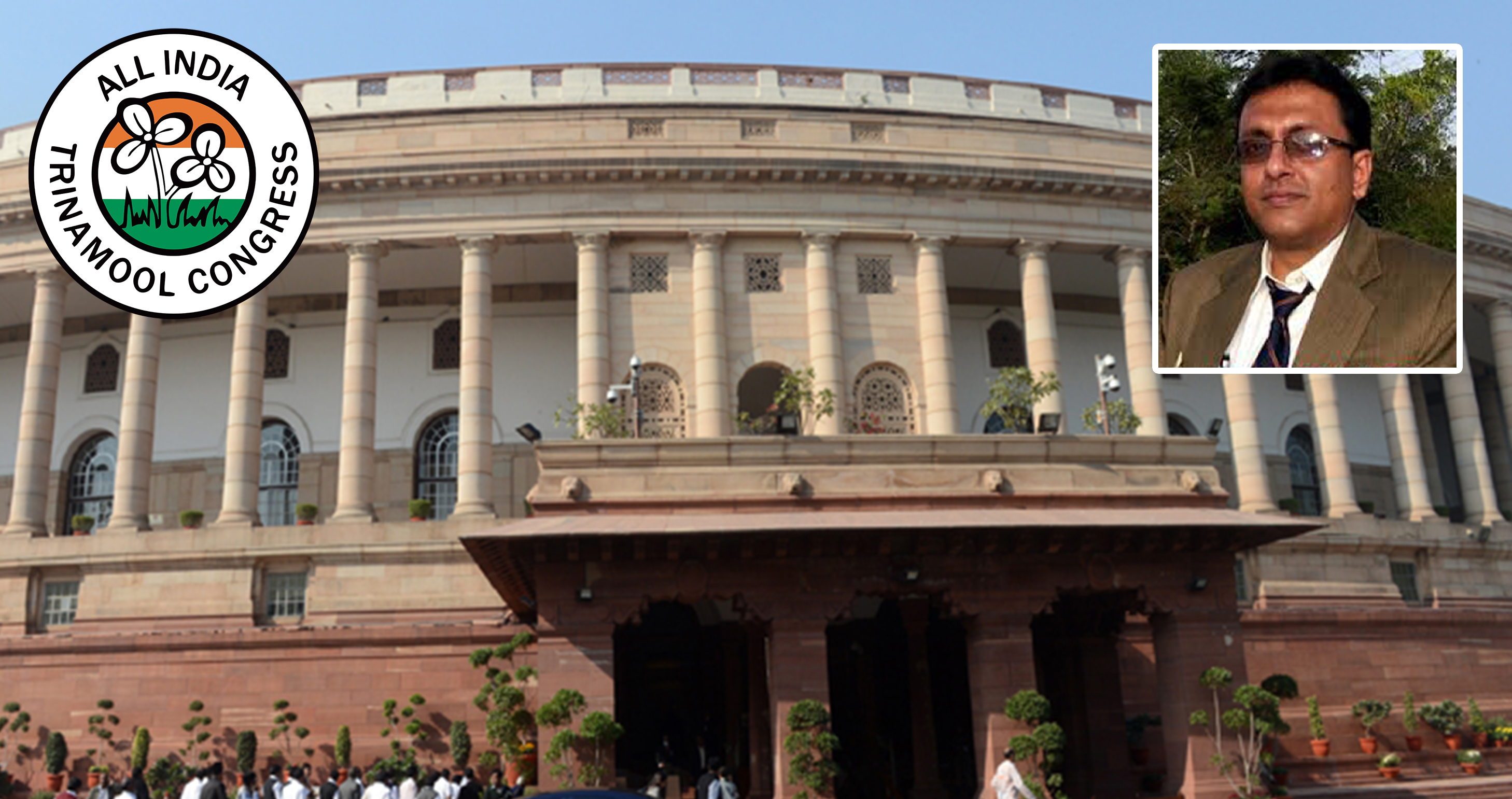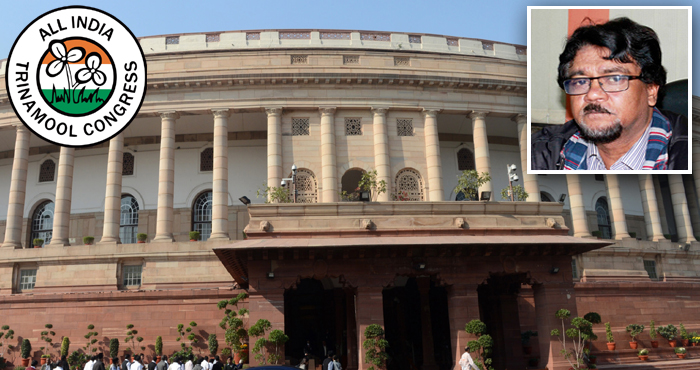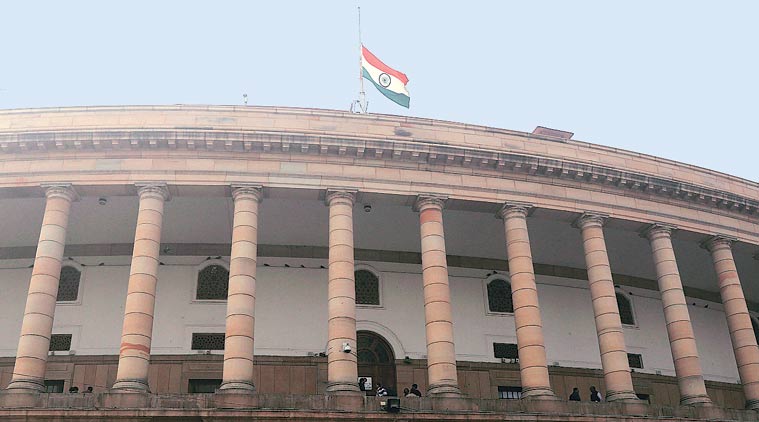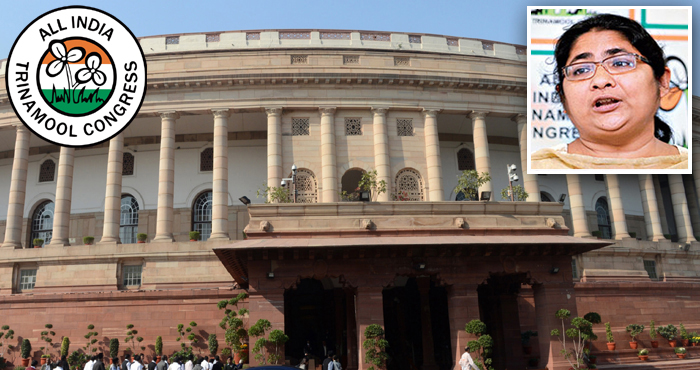All India Trinamool Congress was once again seen playing the role of a responsible Opposition in Rajya Sabha today. Trinamool dominated the proceedings of the House during the first one hour as party MPs raised three key issues of public importance.
Leader of the party in Rajya Sabha, Derek O’Brien said, “My colleagues Dola Sen and Nadimul Haque spoke in Rajya Sabha today on three key issues – funds to States, Swaach Bharat cess & education. We believe in deliberate, debate and legislate.”
Dola Sen spoke about the burden Centre’s Swachh Bharat cess is causing on the poor people. “Services that the government is actively championing for the rural poor including mobile and financial services just became more expensive and difficult for them to access,” she said.
Click here for the full transcript of her speech
She also slammed the Centre as she made a Special Mention on the reduced funding for several central schemes. “The Government must explain how State Governments are to carry on critical welfare programmes, and ensure development in the states without adequate funds,” she demanded to know.
Click here for the full transcript of her speech
Nadimul Haque raised an important matter concerning the education sector. He made a Special Mention about the shortage of faculty in Indian universities. “his inadequacy of our faculty appointments and selection systems is gravely affecting the quality of education that students of higher education are receiving,” he said.
Click here for the full transcript of his speech
Meanwhile, in Lok Sabha, leader of the party, Sudip Bandyopadhyay urged the Centre to include Belur-Dakkhineshwar in the list of sites for religious tourism. “Belur is Swami Vivekananda’s dream; Ramakrishna Paramhansa Dev’s name is associated with Dakkhineshwar,” he said.
Sudip Banerjee added that in 2013-2014 & 2014-15 the Centre had not allotted a single rupee for the state of West Bengal. He requested the Centre not to neglect West Bengal and promote spiritual tourism sites in the State.
Click here for the full transcript of his speech
Post lunch, Sudip Bandyopadhyay spoke in Lok Sabha about the prevailing drought situation in the country. He urged the Centre to come up with a positive action plan and requested the government not to neglect the eastern zone of the country
Click here for the full transcript of his speech
In a discussion on the Prevention of Corruption (Amendment) Bill, 2014, Vivek Gupta spoke in RS on the demerits in the Bill brought by the government. He listed how several definitions of corruption do not find place in the Bill. Gupta echoed the view of party Chairperson Mamata Banerjee by calling for electoral reforms.
Click here for the full transcript of his speech
During another discussion on the India-Nepal relations in Rajya Sabha, Nadimul Haque made a passionate case for normalising the ties of the countries. He said that Madhesis were like our brothers and India has a duty towards them. He hoped Government of Nepal would reciprocate the warmth shown by Government of India during Nepal earthquake.
Click here for the full transcript of his speech








